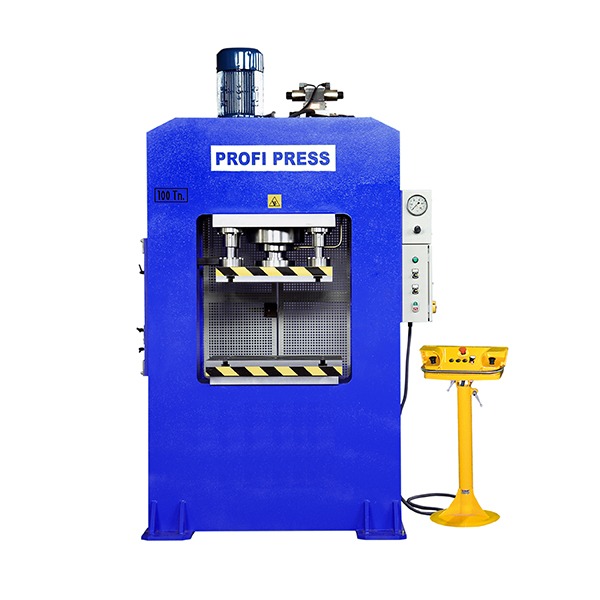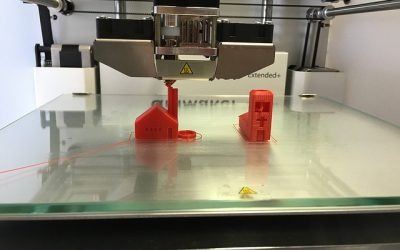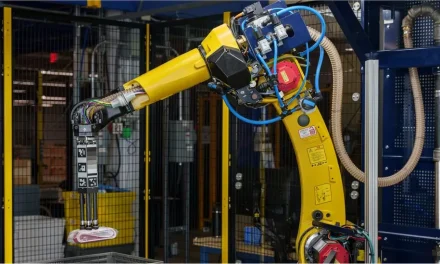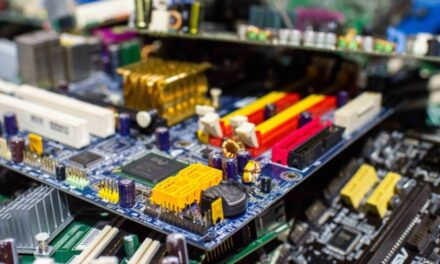Hydraulic press machines (sometimes known as hydraulic production presses) play a part in a wide variety of production processes. When it comes to these powerful metalworking machines, they have their own pros and cons compared to mechanical presses. Here at The Workshop Press Company, we have decades of experience in metal fabrication equipment. As experts in metal fabrication, we know what makes a good piece of equipment and what makes a bad one. The advantages of a hydraulic press certainly outweigh the disadvantages, and as a result, more and more manufacturers are making the switch to hydraulic presses.
As a leading hydraulic press company, we take pride in only supplying the highest quality equipment to our customers. Whether it’s for a garage, a warehouse, or an industrial factory, our hydraulic production presses are unbeatable in quality and value for money.
Advantages Of Hydraulic Production Presses
High Levels Of Control
Metalworking requires control to achieve the desired shape or design and a hydraulic production press can give you that control. When compared to a mechanical press or a punch press, the hydraulic press allows much more control over the powder and pressure applied to the metal. As a result, you can achieve a much more accurate end product. With this in mind, hydraulic presses are ideal for intricate work. Mechanical presses can often cause cracks and issues in the material if not controlled properly.
Uniform Pressure-Per-Inch
One of the main reasons manufacturers are switching to a hydraulic press is because the pressure applied to the sheet metal on the press plate is the same from every direction. This is not the case with a mechanical press.
Versatile Press Machines
Hydraulic production presses have much more versatility than any other press machine. With the ability to program for clinching, moulding, punching, deep drawing, and staking, the opportunities are endless when it comes to metal manufacturing. Hydraulic press machines often come with a variety of tools and dies that can be used to accommodate different manufacturing requirements.
Fast And Cost-Effective Manufacturing
Depending on the press plate size, a hydraulic press machine can deliver high levels of productivity in short time frames. Alongside this, due to most of the operation being automated, there is little need for manual labour too. To summarise, production presses can finish work faster than a human would, without the need for too much human operation. Additionally, they are cheaper to run than other manufacturing machines. Taking into account the above, hydraulic presses save plenty of time and money when it comes to production.
Disadvantages Of Hydraulic Production Presses
As with any form of production, there are also cons to production presses which should be taking into account when looking for a hydraulic press machine for sale.
Overheating
If used consistently, hydraulic presses can be subject to overheating so it’s important they are monitored. The higher pressure and faster speeds can cause this so it’s important not to overwork the machine without keeping an eye on it.
Fluid Handling
The most important component to a production press is the hydraulic fluid. This fluid requires regular changing and spot-checks as if it leaks it could damage the machine. With this in mind, maintenance checks are highly recommended with this machine.
Hydraulic fluid is the most important component of a hydraulic press, and it also requires the most maintenance. It needs regular changing, and you have to make sure it isn’t leaking- otherwise, the whole machine will end up damaged, and the operations will come to a halt.
FAQs
What industries use hydraulic presses?
- Hydraulic presses are widely used in industries such as automotive, aerospace, appliance manufacturing, and electronics. They are crucial for producing components like computer parts, kitchen items, and wristwatch cases.
What are the main advantages of using a hydraulic press?
- Hydraulic presses offer high levels of control, uniform pressure distribution, versatility in applications, and cost-effective manufacturing. These features make them ideal for precise and efficient metalworking.
How does a hydraulic press compare to a mechanical press?
- Hydraulic presses provide better control and uniform pressure-per-inch compared to mechanical presses. We are also more versatile, allowing for a wider range of applications such as punching, moulding, and deep drawing.
What maintenance is required for a hydraulic press?
- Regular maintenance of a hydraulic press includes monitoring for overheating, checking and changing hydraulic fluid, and ensuring there are no leaks. Proper maintenance ensures the longevity and efficiency of the machine.
How can I ensure my hydraulic press meets my production needs?
- When selecting a hydraulic press, consider factors such as the required tonnage, bed size, and the types of materials and applications. Consulting with our experts and customising the press to fit specific needs can also enhance its performance and suitability for your operations.
Conclusion
All things considered, a hydraulic press machine has more advantages than it has disadvantages. Secondly, if you look at the disadvantages, most of them are avoidable with careful use.
Uses Of A Hydraulic Press
Hydraulic presses form the same product repeatedly and are widely used around the world in the automotive industry as well as a wide variety of other industries. They are used to produce a range of components such as:
- Appliances
- Computer Components
- Kitchen Items
- Titanium Eyeglass Frames
- Wristwatch Cases
- Stainless Steel Cooking Pots
The advantages certainly outweigh the disadvantages of using a production press but if you do ave any questions please don’t hesitate to get in touch with us for advice.
Explore our website for more information or call +44 (0)800 999 1090 to speak to a member of our helpful and friendly team. If you have found this blog helpful, you may wish to read our previous blog: Getting To Grips With Rubber Pad Forming
To read the original article please see here





